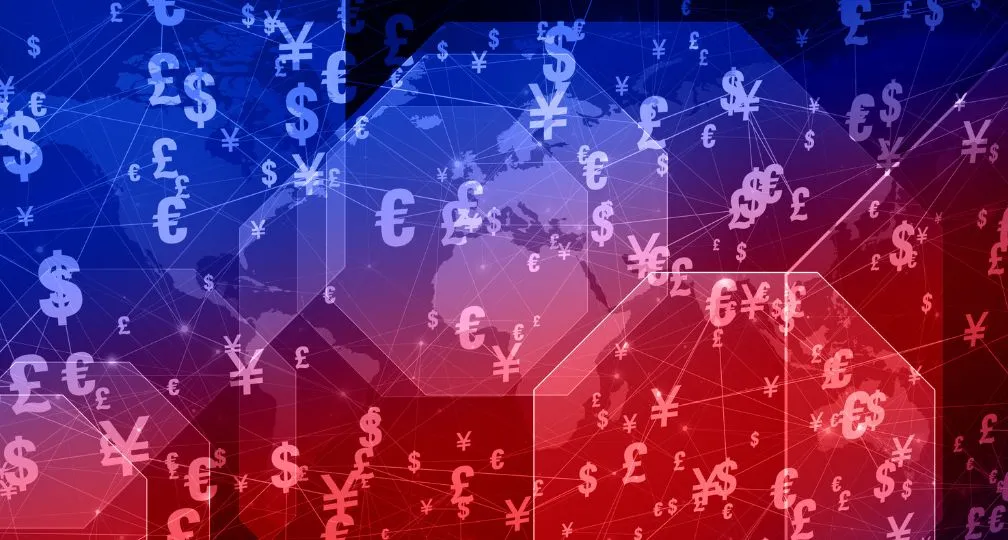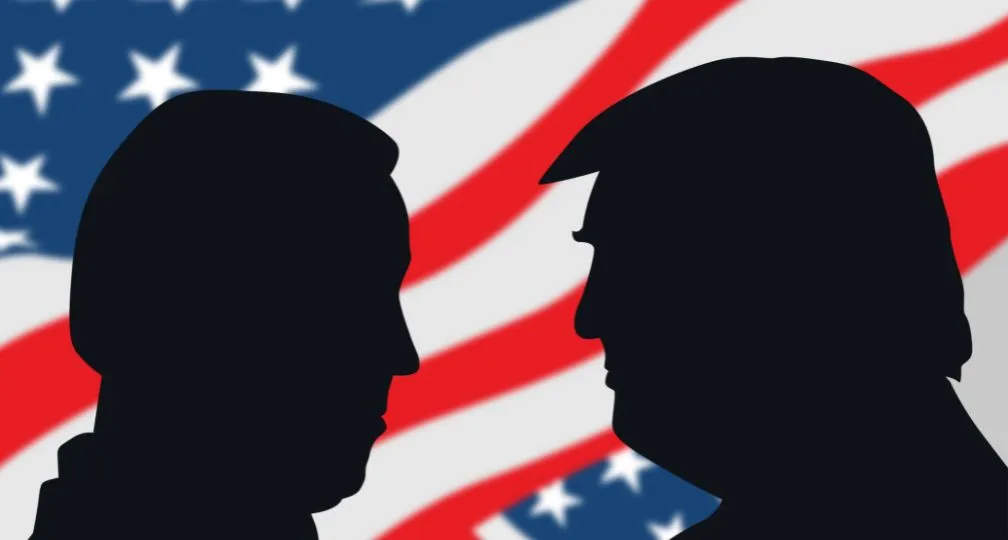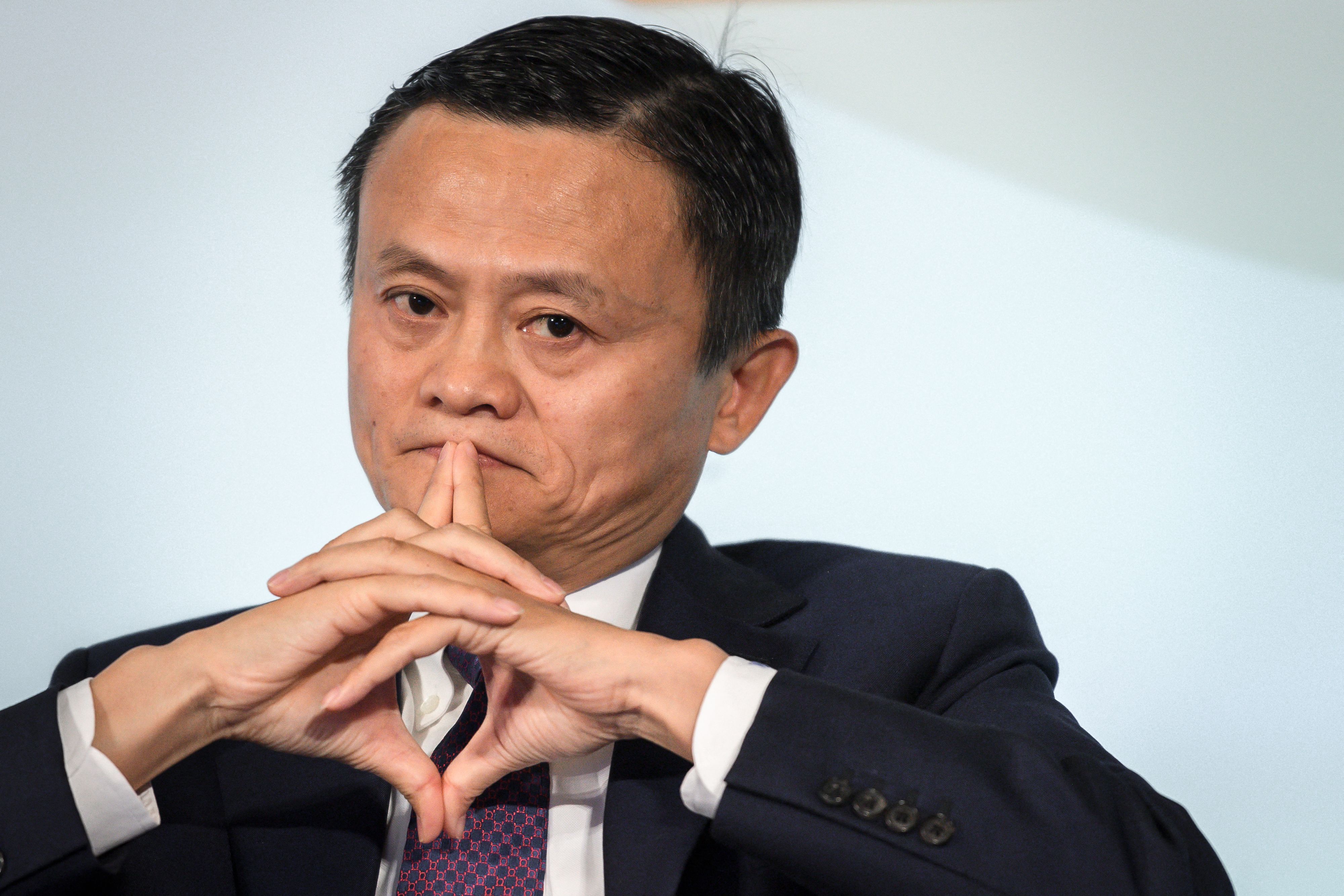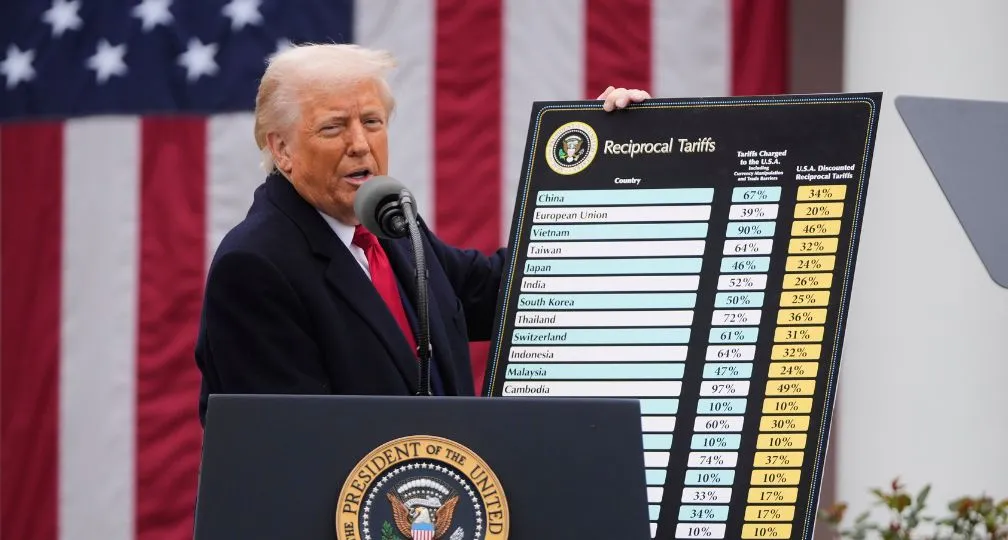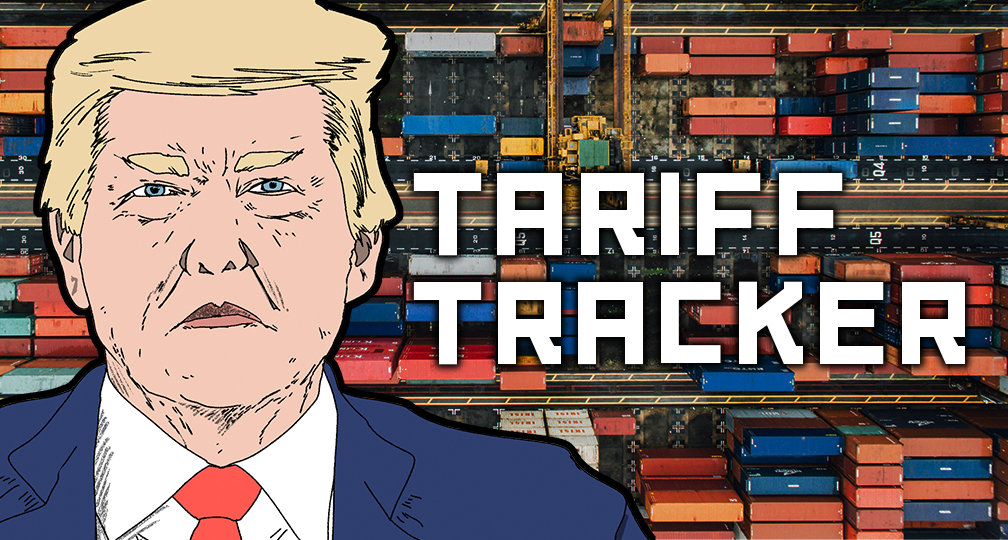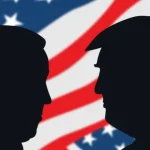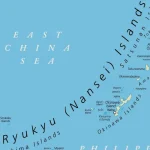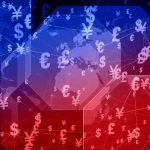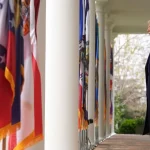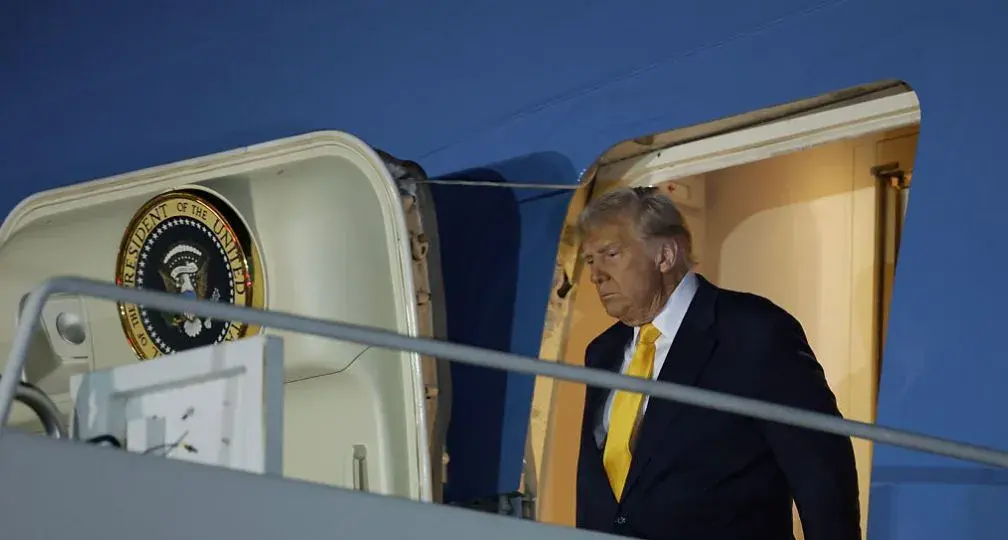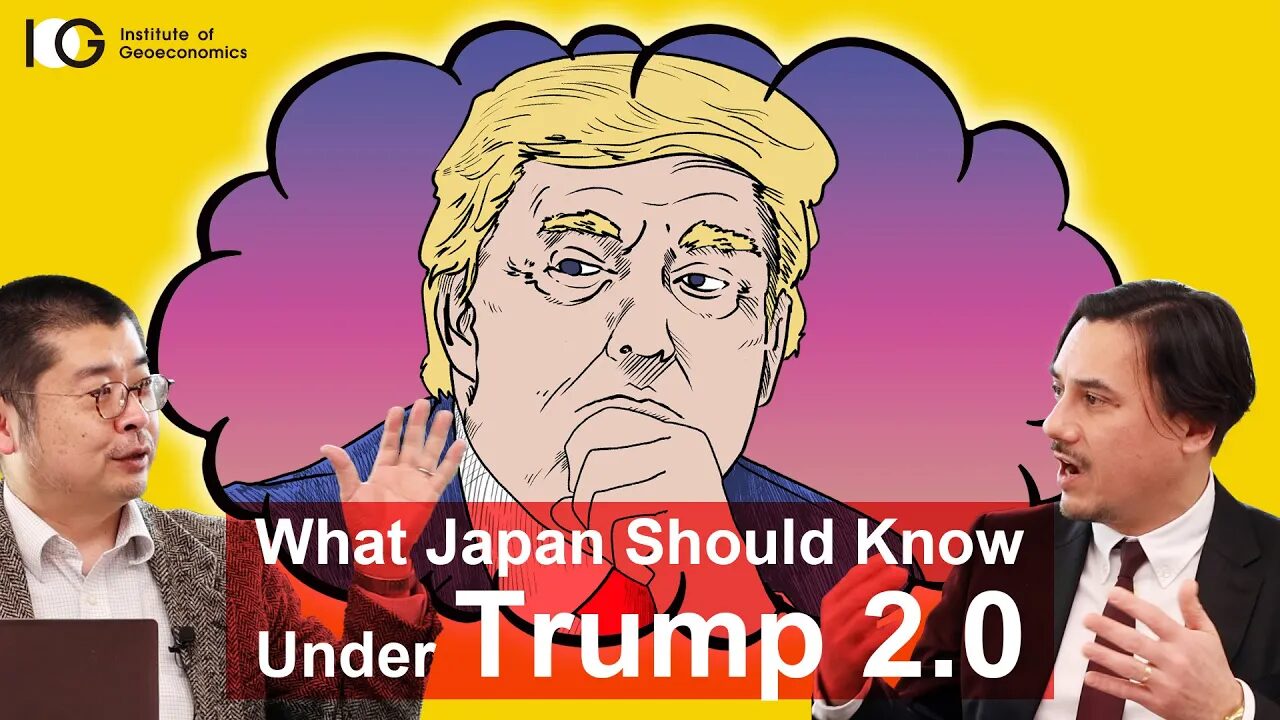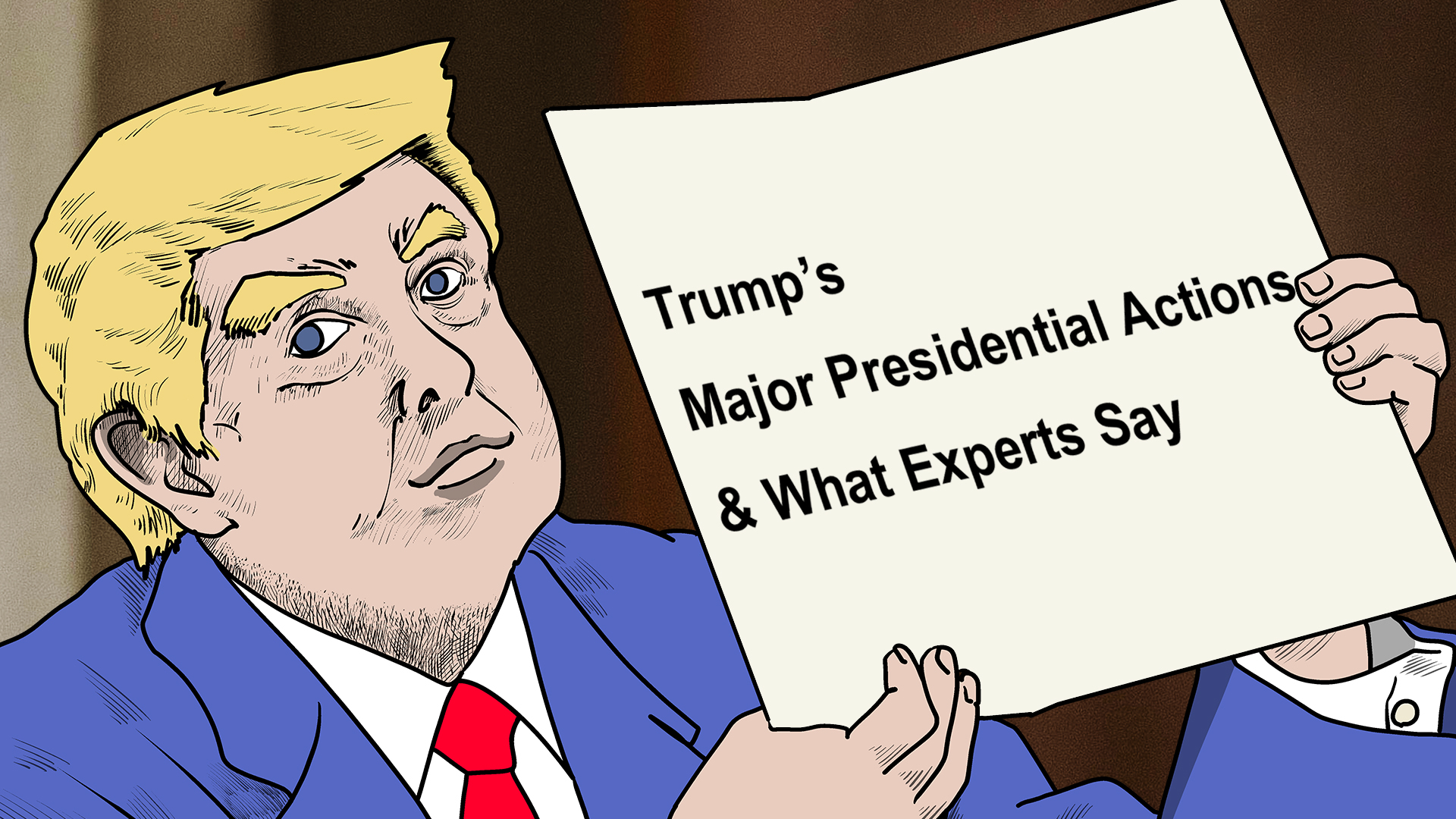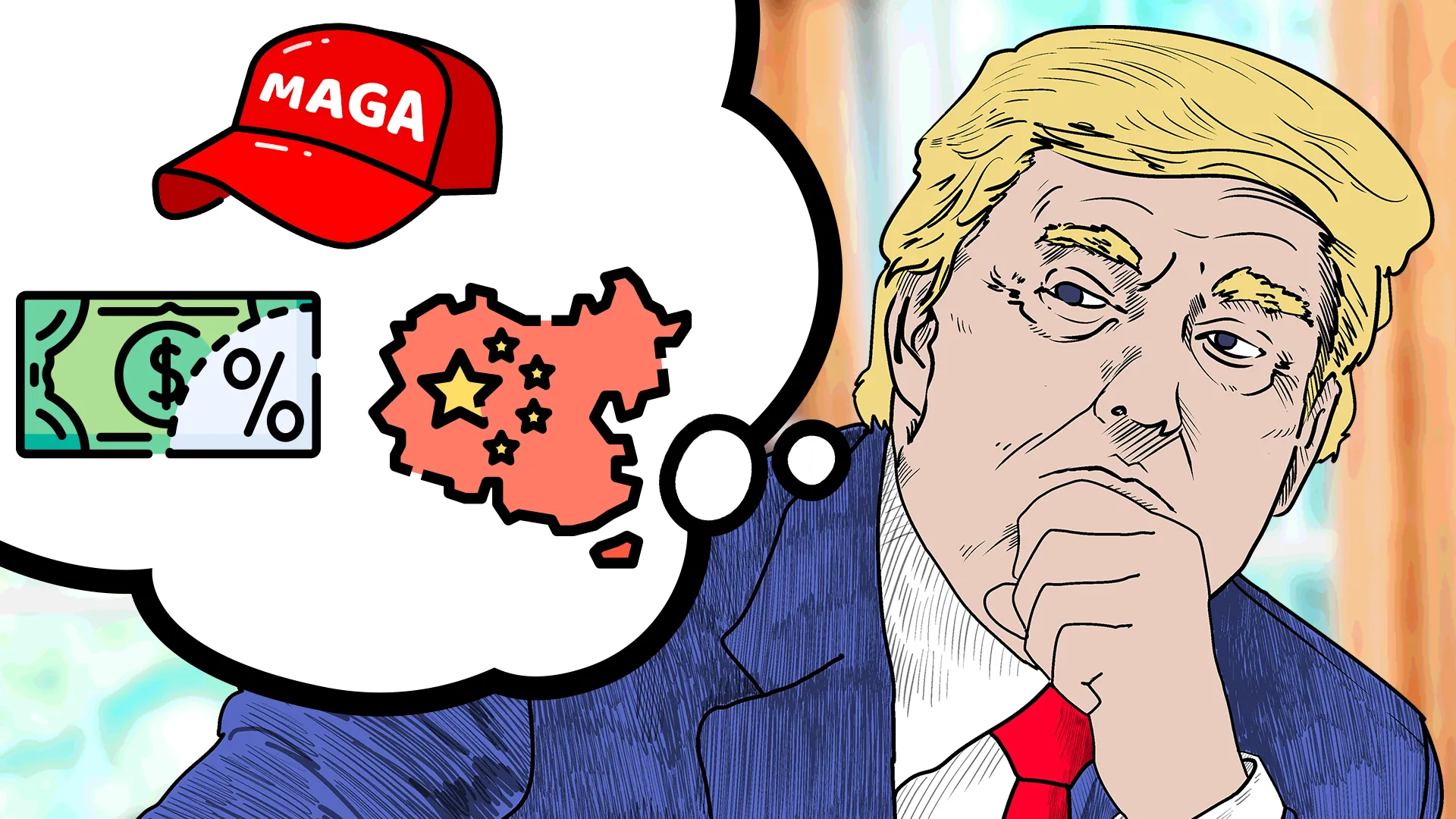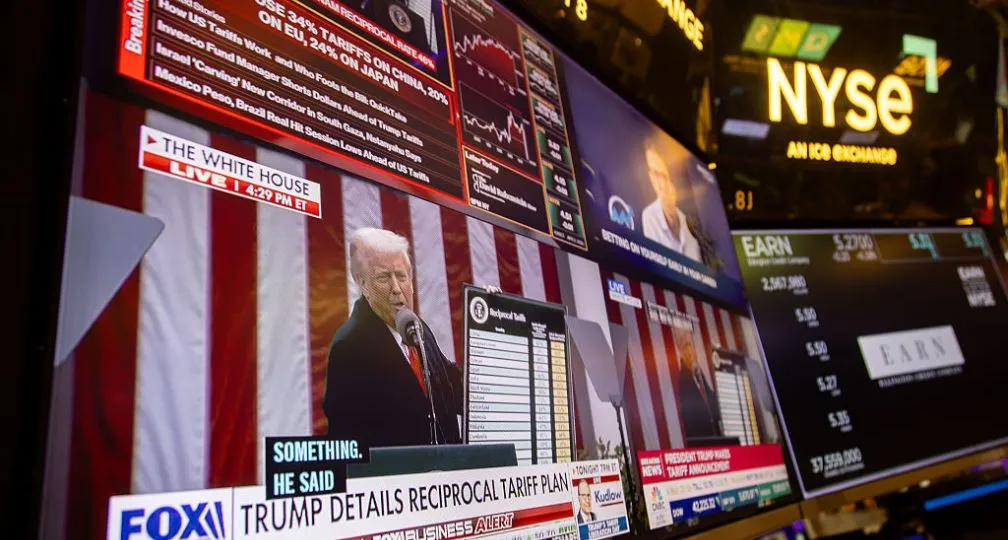Why Zelenskyy’s diplomacy is a key factor in Ukraine’s efforts to win war
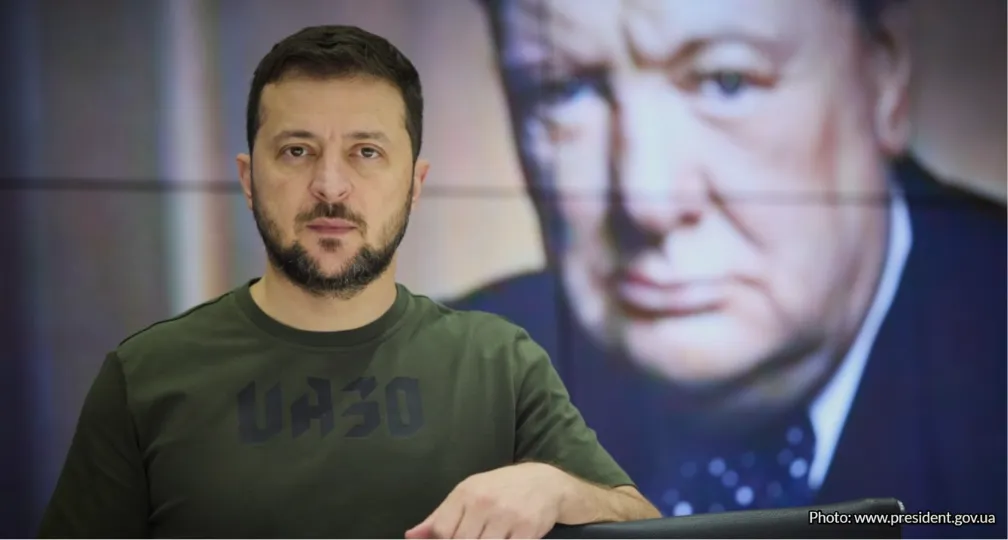
The counteroffensive by the Ukrainian forces has taken the war in Ukraine to a new stage.
The conflict is still at a stalemate on the front line, and it is believed that the Russian forces’ defense and resistance continue to be tough, indicating a high possibility that the war will continue for a long time.
There is a possibility that Ukraine’s counteroffensive could end in failure, which could mean an end to the global community’s assistance to the country.
In fact, there are so many uncertainties in this war, including how long it will continue for and how it will end, and this is making many people worried.
It is rare for circumstances surrounding a conflict to be so unpredictable. In such a situation, the outcome of the war will be greatly affected by how Kyiv’s substantial counteroffensive will turn out.
The path taken by Ukraine will not be smooth and it will experience severe hardships militarily.
Then why did the country mount a counteroffensive at this time?
Politically significant
Ukraine’s launch of a counteroffensive against Russian forces is significant in political terms.
This is because it came at a critical time, sandwiched between two summits — the Group of Seven summit in Hiroshima in May and a NATO summit earlier this month in Vilnius, Lithuania.
Zelenskyy, who attended the G7 summit in person, made his case to the assembled leaders, justifying his military actions and stressing the importance of the international society’s continued support for Ukraine.
Indian Prime Minister Narendra Modi, who had been invited to the summit as a guest, met with Zelenskyy in person and said, “I can assure you that India and I will do whatever we can for the resolution of the war.”
“We will continue extending humanitarian assistance to the people of Ukraine,” Modi said in a Twitter post.
What was also militarily significant was the fact that as the G7 summit was held in Hiroshima, NATO member countries decided on providing Ukraine with F-16 jet fighters.
This will enable air attacks over the hinterland of Russian-occupied areas, meaning Ukrainian forces can send forward their troops with high-tech battle tanks like the Leopard 2 more safely.
NATO countries have recently been even more deeply engaged in their efforts to support Ukraine and help it win the war.
On the other hand, voices of discontent could increase within Western countries over continued assistance to Ukraine in the prolonged war at the expense of their own economies.
And if former U.S. President Donald Trump wins next year’s presidential election, Washington’s assistance to Ukraine could decline substantially.
Due to such circumstances, it is vital for Ukraine politically to achieve military gains through its counteroffensive and set its course to victory.
It was a great opportunity for Ukraine to have Lithuania, which has been particularly critical of Russia’s invasion and has been sympathetic to Ukraine’s defense efforts, host this year’s NATO summit.
The summit, held on July 11 and 12, was a landmark occasion for NATO members to show continued commitment to Ukraine.
That is why it was necessary for the Ukrainian government to highlight certain military achievements.
Channeling Churchill
Zelenskyy respects and often cites Winston Churchill, who served as the United Kingdom’s prime minister during World War II.
“We have before us an ordeal of the most grievous kind. We have before us many, many long months of struggle and of suffering,” Churchill said in his first speech as prime minister. “But I take up my task with buoyancy and hope. I feel sure that our cause will not be suffered to fail among men.”
He was assured of his victory with the U.S. entry into the war following Japan’s attack on Pearl Harbor.
With this in mind, what Churchill prioritized the most was to lead the war by linking politics and military.
Koji Tomita, Japan’s ambassador to the U.S., wrote in his book “Churchill: Leadership in Crisis” that as the limit of the U.K.’s national power became apparent, it was diplomacy that complemented military power, and Churchill was the strongest weapon in the diplomatic arsenal.
Churchill was well aware of his role and attempted to make the best use of it, Tomita wrote.
It was difficult for the U.K. to win against powerful Nazi Germany with only its own military power. The key to success for Churchill was to use his diplomatic skills to establish wider international coordination.
Churchill and Zelenskyy have taken different paths as politicians. But Zelenskyy, who is trying to reinforce national power with diplomacy to make up for military inferiority and flying all over the world to launch a diplomatic offensive, can be likened to Churchill in the way that he raises the morale of his people and shores up support in terms of international public opinion.
Through his active diplomatic push, the global community’s assistance to Ukraine has been gradually expanding, with the transfer of F-16 fighter jets being a major sign.
For both Churchill and Zelenskyy, the key to winning their respective wars lies in using diplomatic tools to gain wide international support.
In a radio speech on Feb. 9, 1942, Churchill said, “Give us the tools, and we will finish the job.” Zelenskyy most likely has a similar recognition of the ongoing war.
On Dec. 21, in his address to a joint session of the U.S. Congress, Zelenskyy said, “We have artillery. Yes. Thank you. Is it enough? Honestly, not really.”
“To ensure Bakhmut is not just a stronghold that holds back the Russian army — but for the Russian army to completely pull out — more cannons and shells are needed,” he said.
Just as Churchill did in the past, Zelenskyy is asking the U.S. for weapons.
Zelenskyy must be identifying himself with Churchill to win the support of the people in the U.S. and the U.K., as well as showing a clear path to victory.
And just as Churchill thought the tide of war changed significantly with Japan’s attack on Pearl Harbor and the U.S. entering the conflict, Zelenskyy must be hoping to turn the tide of his battle through his in-person attendance at the G7 summit in Hiroshima and by launching a counteroffensive.
However, the path to victory is not yet clear.
Path to success
The international community’s assistance toward Ukraine will not continue endlessly, and, as time passes, criticism and dissatisfaction will increase within the assisting countries.
Unless Ukraine indicates a clear outlook and process towards victory, aid to Ukraine and sanctions on Russia could slowly retreat.
That is why Zelenskyy apparently had a political intention to start a counteroffensive a year after Russia’s invasion was launched, between the G7 summit in May and a NATO summit in July, to display Ukraine’s military achievements to the international community and make sure other countries will carry on supporting Ukraine.
Japan offered to dispatch about 100 Self-Defense Forces vehicles to Ukraine when Prime Minister Fumio Kishida met with Zelenskyy in Hiroshima.
Moreover, the Japanese government held a meeting at the Prime Minister’s Office on May 15 to encourage the country’s public and private sectors to promote Ukraine’s economic reconstruction, underscoring Tokyo’s commitment to taking a key role in the initiative.
During the Gulf War in the 1990s, Japan failed to make active contributions to restoring peace and stability.
But the preamble to Japan’s Constitution includes a spirit of international cooperation, stating, “We believe that no nation is responsible to itself alone.”
That being the case, we must say Japan’s current aid to Ukraine and specific actions to help reconstruct the country embody the spirit of pacifism based on the principle of international cooperation that the Constitution embraces.

Geoeconomic Briefing
Geoeconomic Briefing is a series featuring researchers at the IOG focused on Japan’s challenges in that field. It also provides analyses of the state of the world and trade risks, as well as technological and industrial structures (Editor-in-chief: Dr. Kazuto Suzuki, Director, Institute of Geoeconomics (IOG); Professor, The University of Tokyo).
Disclaimer: The opinions expressed in Geoeconomic Briefing do not necessarily reflect those of the International House of Japan, Asia Pacific Initiative (API), the Institute of Geoeconomics (IOG) or any other organizations to which the author belongs.
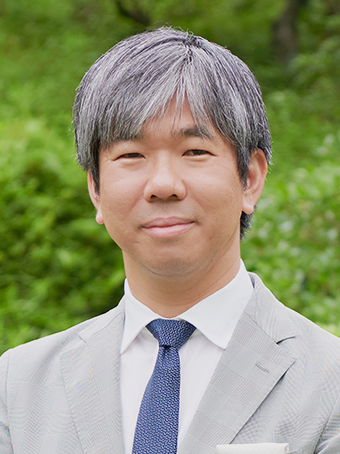
Director, International House of Japan

Group Head, Europe & Americas,
Director of Research, Asia Pacific Initiative
Director, International House of Japan
Yuichi Hosoya is professor of international politics at Keio University, Tokyo. Professor Hosoya was a member of the Advisory Board at Japan’s National Security Council (NSC) (2014-2016). He was also a member of Prime Minister’s Advisory Panel on Reconstruction of the Legal Basis for Security (2013-14), and Prime Minister’s Advisory Panel on National Security and Defense Capabilities (2013). Professor Hosoya studied international politics at Rikkyo (BA), Birmingham (MIS), and Keio (Ph.D.). He was a visiting professor and Japan Chair (2009–2010) at Sciences-Po in Paris (Institut d’Études Politiques) and a visiting fellow (Fulbright Fellow, 2008–2009) at Princeton University. [Concurrent Position] Professor, Faculty of Law, Keio University
View Profile-
 From dollar hegemony to currency multipolarity?2025.06.25
From dollar hegemony to currency multipolarity?2025.06.25 -
 The Big Continuity in Trump’s International Economic Policy2025.06.11
The Big Continuity in Trump’s International Economic Policy2025.06.11 -
 Harnessing China’s tech giants: The case of Jack Ma2025.06.11
Harnessing China’s tech giants: The case of Jack Ma2025.06.11 -
 The Courts Rule Trump’s April 2 Tariffs Illegal – What Happens Next?2025.05.31
The Courts Rule Trump’s April 2 Tariffs Illegal – What Happens Next?2025.05.31 -
 Tariff Tracker: A Guide to Tariff Authorities and their Uses2025.05.29
Tariff Tracker: A Guide to Tariff Authorities and their Uses2025.05.29
 The Big Continuity in Trump’s International Economic Policy2025.06.11
The Big Continuity in Trump’s International Economic Policy2025.06.11 The Tyranny of Geography: Okinawa in the era of great power competition2024.02.09
The Tyranny of Geography: Okinawa in the era of great power competition2024.02.09 From dollar hegemony to currency multipolarity?2025.06.25
From dollar hegemony to currency multipolarity?2025.06.25 Trade, capital flows, and the new focus on “global imbalances”2025.05.27
Trade, capital flows, and the new focus on “global imbalances”2025.05.27 After tariffs: Is there a plan to restructure the global economic system?2025.04.03
After tariffs: Is there a plan to restructure the global economic system?2025.04.03


